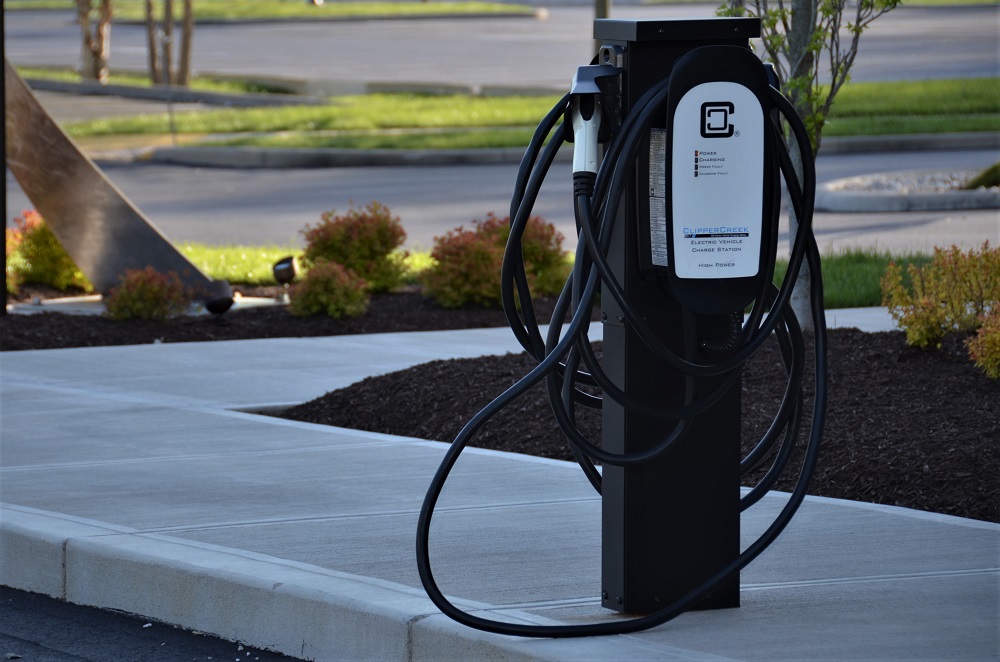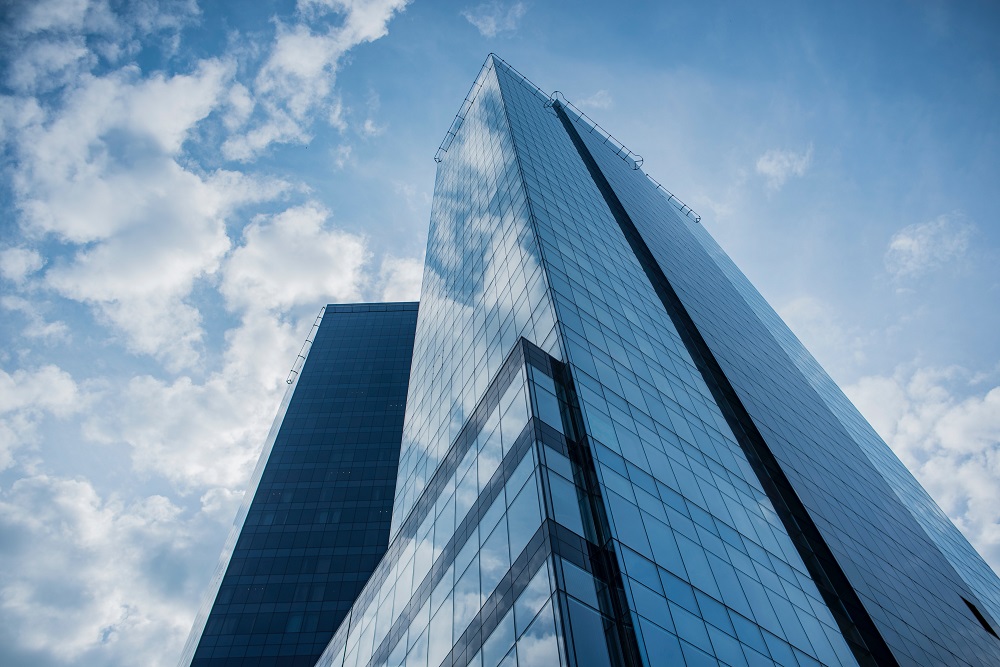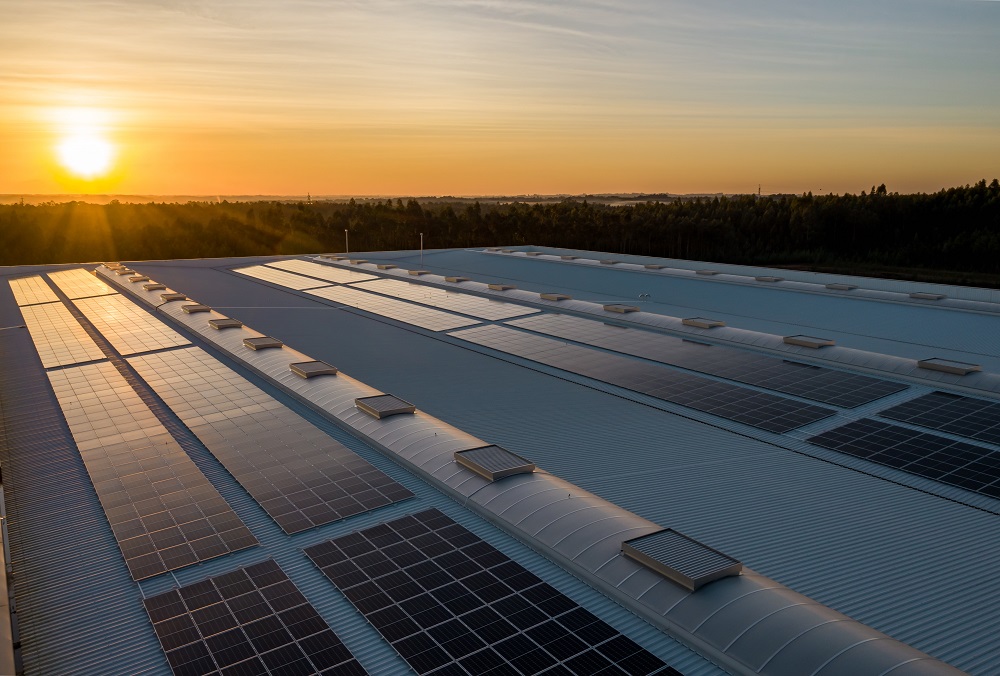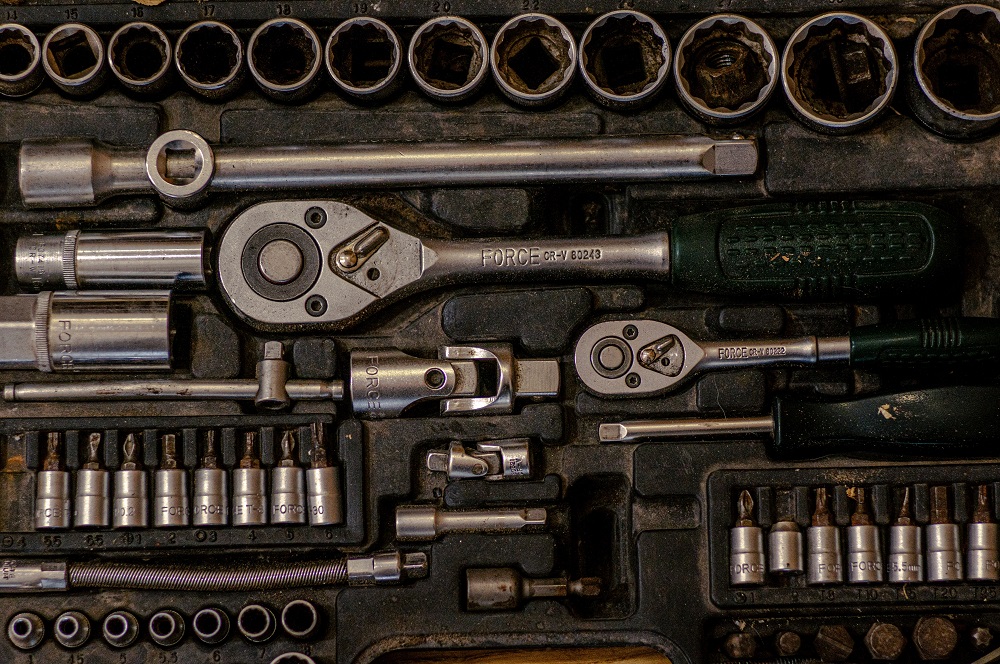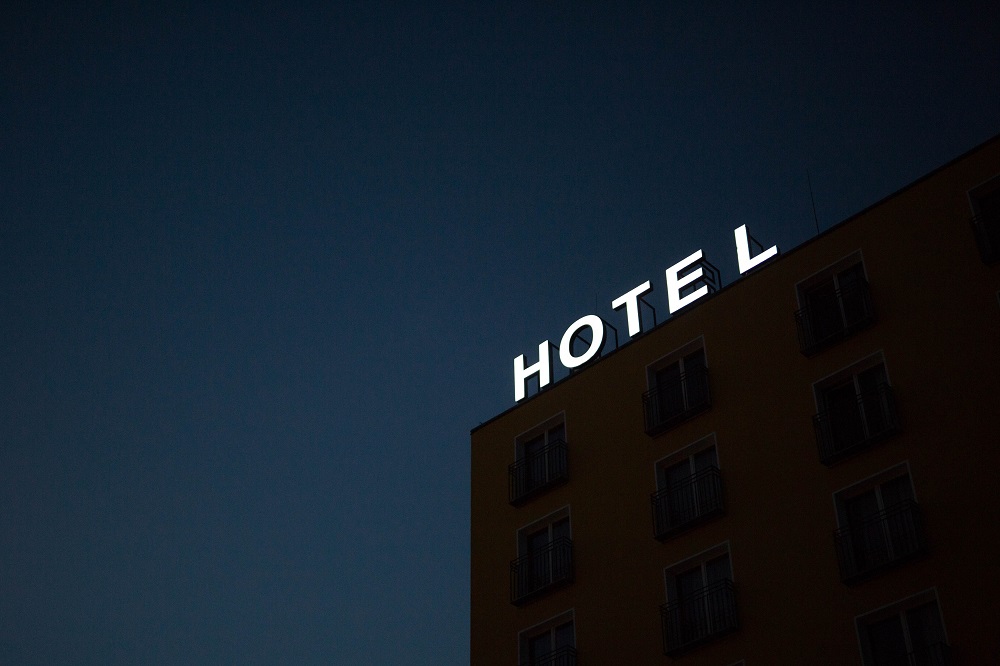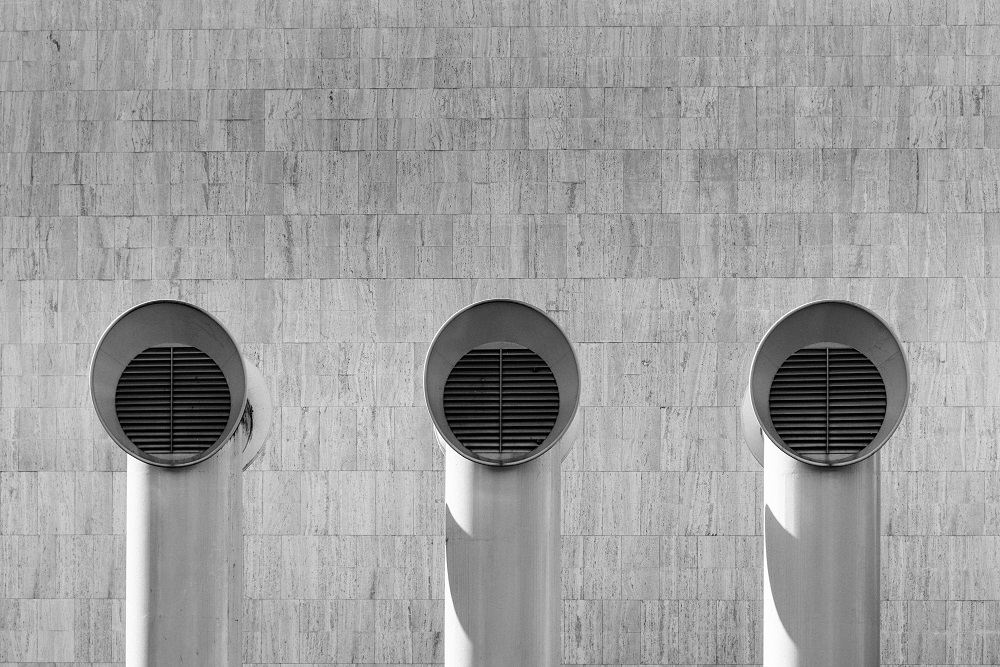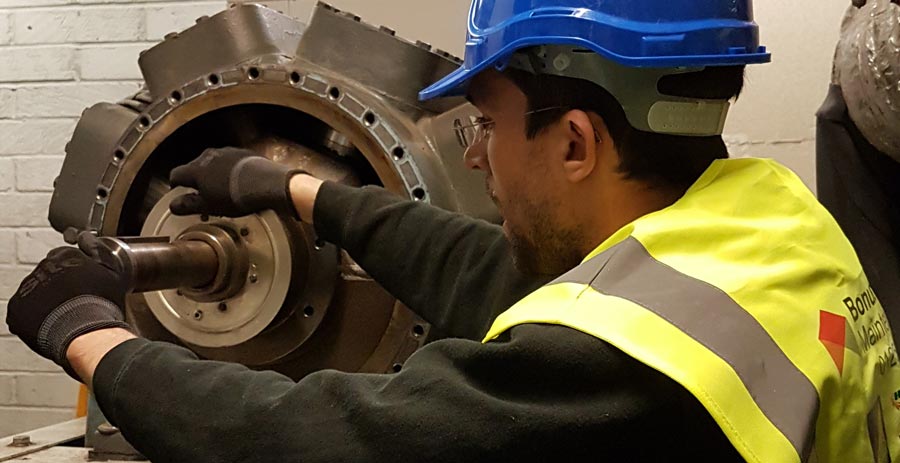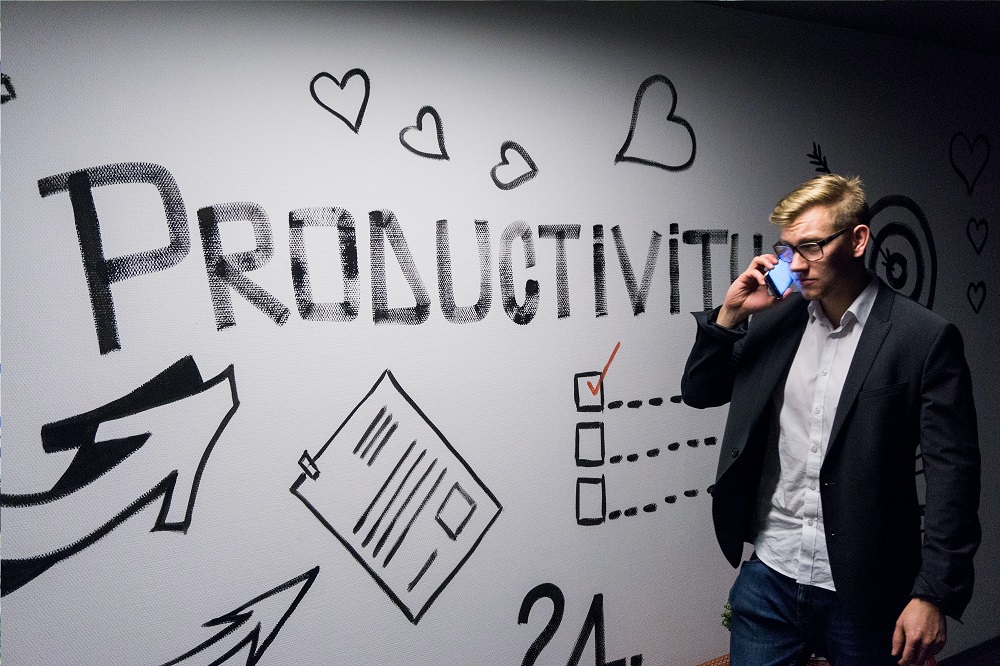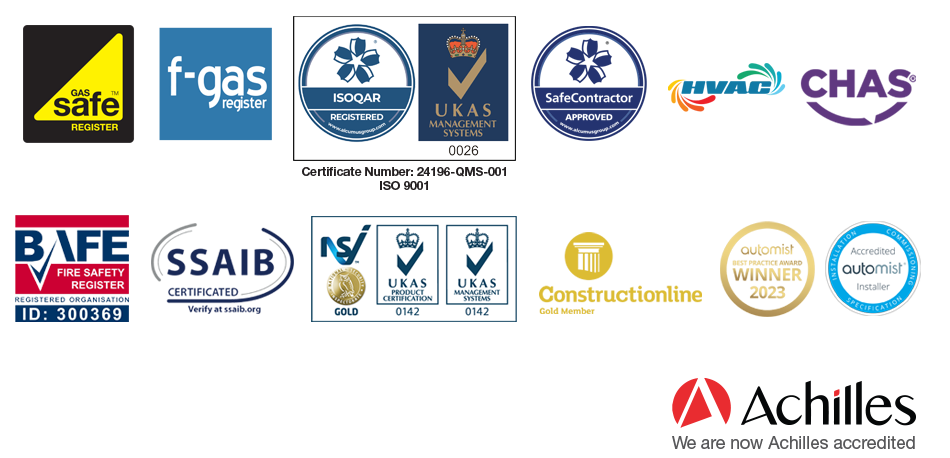Heat pumps are a fantastic thing. Whether it’s for a commercial building or your own home, having a heat pump installed can lower your energy bills and be better for the environment, all while providing you with year-round comfort. But just like any other heating system, things can go wrong. Especially at this time of year, when we start getting cold snaps and the weather gets colder and wetter. That’s why it’s important to know the signs of heat pump problems so that you can head them off while they’re still small. Not sure what they are? Read on.
Icing Over
When the temperature dips to below freezing, your heat pumps will feel the pressure. One of the most common issues in low-temperature years has been the coils of heat pumps becoming covered in ice. This happens because the liquid refrigerant flowing through the system is freezing as it flows over the coils. That might sound counter-intuitive, but bear with us, because we’re going to give you a mini-science lesson here.
When air cools down, it becomes more difficult for molecules to move around – including those that make up liquid refrigerants. When liquid refrigerants start to freeze, they expel heat energy and become lighter – just like regular water does when it freezes into ice cubes. The resulting pressure drop across the now-frozen liquid refrigerant causes the remaining fluid (and all of its heat) to evaporate quickly. Since the heat pump is supposed to pull just enough heat from the outside air and transfer that into your home, it also pulls this heat away from the now-light refrigerant. Sometimes this causes a significant drop in pressure – low enough that the coils of your heat pump start to freeze over.
Ok, science lesson over!
Exposure To The Elements
Heat pumps will work all year round, but they do work best in hot weather when the outside air is warm. If the temperature outside is too low, your heat pump will not be able to work as efficiently, or not at all. This is because the coils on your heat pump are made of metal, and they need help to stay warm enough for them to transfer heat to or from an area.
When the outside temperature dips below about 7°C, it becomes difficult for the refrigerant in a normal heat pump to flow through the copper coils. The refrigerant starts freezing within the tubes that make up the coils of your heat pump system, and this reduces its ability to transfer heat. The result of this is that cold air comes into your home and then cold air goes back out into the environment. This can be a huge waste of energy – as much as 30 to 50% of your total heating and cooling costs! It can also damage your heat pump over time, which can increase your maintenance bills.
Non-Functioning
Sometimes you might find that your heat pump might stop working altogether. This is far from ideal as it will quickly get cold! This often happens as a result of any of the above problems being left too long or happening suddenly. When the refrigerant can’t transfer heat anymore, the system stops working altogether. If this happens, then you need to contact a heat pump service and repair service to fix the problem for you.
At Bonus Eventus Maintenance we specialise in heat pumps for both commercial and domestic installations. Our preventative maintenance contracts ensure you never have to worry about common problems because one of our team will visit you and carry out regular inspections, maintenance and repairs throughout the year. If you’re worried about keeping your eat pump running this winter, just get in touch with the team today.

